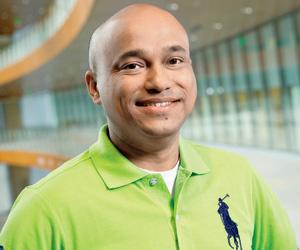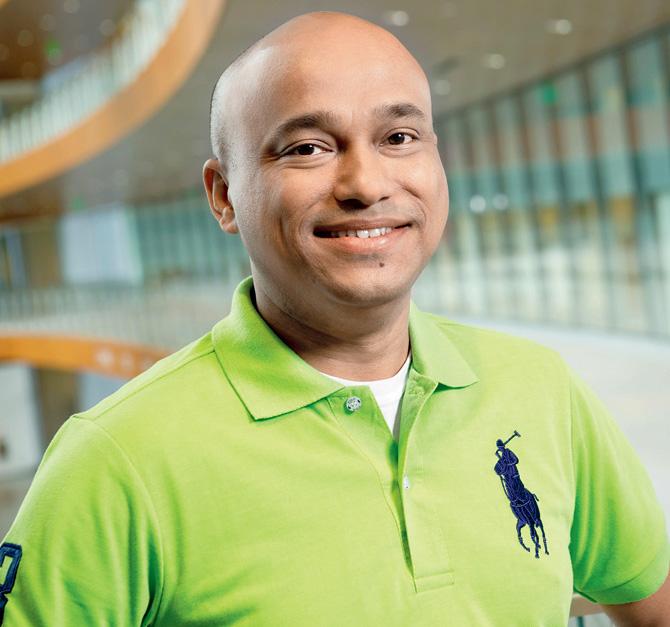Rohan Gogoi, the first Urdu poet from the north-east, talks about his new collection and why he prefers the language to express his deepest emotions

 Rohan Gogoi
Rohan Gogoi
ADVERTISEMENT
Last year, while working on his yet-untitled second novel, Pune-based author Rohan Gogoi decided to include a poetically-inclined character who hails from Delhi with roots in Uttar Pradesh. "In UP, a lot of importance is given to Urdu literature, music and drama. In fact, along with Hindi, you'll also see signboards in Urdu. So, in order to infuse a level of authenticity in the character, I decided to add some Urdu phrases into his lines," Gogoi says of Tejeswar Singh Negi. The only problem was that his own knowledge of the language was limited to the ghazals he had heard while growing up in Assam. Undaunted, he decided to go ahead nonetheless.
"As I began researching and devouring masterpieces by celebrated modern Urdu poets like Kaifi Azmi, Sahir Ludhianvi, Nida Fazli and Gulzar, the language started growing on me," recalls Gogoi, who debuted as an English author with his fictional novel, Chasing Maya in 2012. The result is a new poetry collection titled Rahgeer-e-Rehguzar by Gogoi, which is being published by Pune-based Western India Imprints and is scheduled to release later this month. This makes the 39-year-old, who works with a multinational corporation as the head of Communications for India, the first-ever Urdu poet from the north-east. "Rahgeer-e-Rehguzar translates to 'traveller of the most travelled path'. In other words, an ordinary man," he says.
Interestingly, his ammo of languages extends to Marathi, Gujarati, Bengali and English, apart from his native Assamese. "Whenever I want to learn a new language, I begin with an exercise where I translate content. For instance, I learned Gujarati by translating Hindi songs." However, this time around he didn't want to employ the same trick. "The idea was to create original pieces, so to get into the groove I took some of my own English poems, and began translating them as practice. One of my works 'Here I go' was turned into Alvida," says Gogoi, who was born in Nagaon, a district in Assam and now lives with his wife and sons in Pune. Once done with a poem, he would bounce it off friends who were well-versed in Urdu for feedback.
"Many times, the critiques were scathing because they found it amateurish. The fact that they were brutally honest but encouraging, helped me come up with better content," he says. He likes to call the collection of 40 poems "conversations with himself". "I think the medium helped me vent some of my deepest emotions, something I could never do with English, which as a language, I find matter-of-fact and no-nonsense," he says. The subjects revolve around love, longing and his struggle with stereotypes. "When I say I'm an Urdu poet, people often react with, 'but you are from Assam'. And, I wonder why there needs to be a 'but' in that," he says. According to Gogoi, Urdu, is all about nazakat or how delicately one can express themselves, even if one is talking about death. "The word for pain in Urdu is majroo. There's a certain grace in it. It has the power to make the most bland line sound rich," he smiles.
Download the new mid-day Android and iOS apps to get updates on all the latest and trending stories on the go
 Subscribe today by clicking the link and stay updated with the latest news!" Click here!
Subscribe today by clicking the link and stay updated with the latest news!" Click here!






